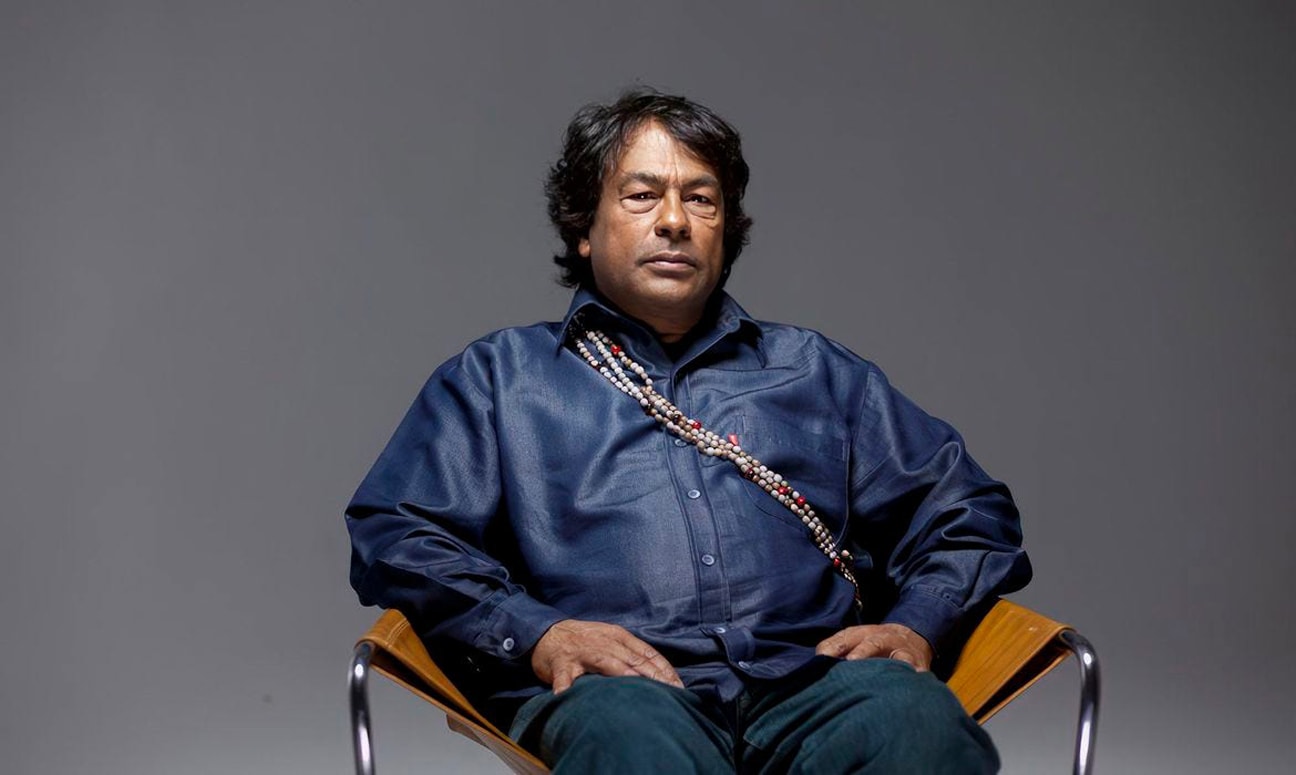With 23 votes, indigenous writer and environmental activist Ailton Krenak was elected in October to the Brazilian Academy of Letters, or ABL. He is the first indigenous person to occupy a seat in the academy, and is taking seat number five, which belonged to José Murilo de Carvalho, who died in August this year. Vying with Krenak were historian Mary del Priore and fellow indigenous writer Daniel Munduruku, who garnered 12 and four votes respectively.
ABL President Merval Pereira declared that Krenak is a poet with “a world view that is very much his own and appropriate for this moment—when the world is concerned about the environment and native peoples are fighting for their rights. All of this is part of Krenak’s victory at the Academy. He is an indigenous man who works with indigenous culture, with the appreciation of oral tradition.”
Merval Pereira cited Krenak’s book Ancestral Future, which deals with the preservation of rivers as a way of conserving the future. “The rivers were already here before we arrived. This vision of nature, of man together with nature, is what we are reinforcing with this great indigenous writer and intellectual.”
Scholar Rosiska Darcy descrived Krenak’s election as historic. “Not only for the Academy, but for Brazil, there’s no better substitute for a great historian than the incarnate history that Krenak is. Krenak today embodies a crucial part of Brazil’s history. I’m really happy about his election,” she said.
Activism
Ailton Krenak was born in 1953 in the Rio Doce Valley region, in the state of Minas Gerais, home to the Krenak people, a place affected by mineral extraction activities. Krenak is an activist in the socio-environmental movement and an indigenous rights champion. He is a Commander of the Order of Cultural Merit of the Presidency and holds honorary doctorates from the Federal University of Minas Gerais and the Federal University of Juiz de Fora.
Krenak organized the Alliance of Forest Peoples, which brings together riverside and indigenous communities in the Amazon, and contributed to the creation of the Union of Indigenous Nations (UNI). He co-authored the proposal by the United Nations Educational, Scientific, and Cultural Organization (UNESCO) that created the Serra do Espinhaço Biosphere Reserve in 2005 and is a member of its management committee.
In the 1970s and 80s, he played a decisive role in the Indigenous People’s Chapter, the eighth chapter in the 1988 Constitution, which guarantee indigenous rights to culture and land. His most recent books include Ideas to Postpone the End of the World (2019), Life is Not Useful (2020), and Ancestral Future (2022).
In Life is not useful, he addresses the COVID-19 pandemic and says: “If for a while it was we, the indigenous peoples, who were threatened with the rupture or extinction of the meaning of our lives, today we are all on the verge of the Earth not being able to support our demands.”
Source: Agência Brasil



